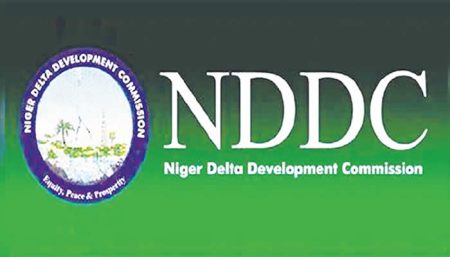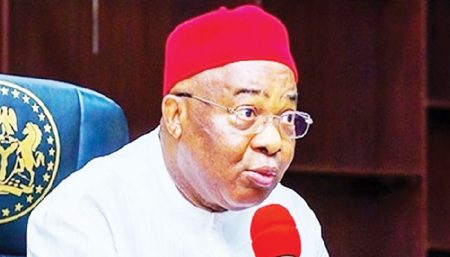Nigeria’s recent economic reforms, particularly the unification of its foreign exchange market, have garnered international recognition and a credit rating upgrade from Moody’s. The shift to a market-driven exchange rate has enhanced transparency, boosted forex liquidity, and narrowed the gap between official and parallel market rates. This move signifies a positive step towards macroeconomic stability, attracting investor confidence and improving the nation’s capacity to manage its external debt. The removal of fuel subsidies, while initially posing inflationary risks, has alleviated pressure on government spending, further contributing to the improved fiscal outlook. These policy changes, coupled with nascent signs of easing inflation and domestic borrowing costs, suggest a solidifying of the reform agenda. The improved revenue generation from tax reforms further strengthens Nigeria’s economic position.
However, despite these positive developments, Moody’s cautions that Nigeria remains susceptible to external shocks, primarily fluctuations in global oil prices and persistent inflationary pressures. The country’s heavy reliance on oil exports for foreign exchange earnings makes it vulnerable to price volatility. A significant drop in oil prices could undermine the Central Bank of Nigeria’s (CBN) ability to maintain a stable naira without depleting its foreign reserves. This vulnerability could force the CBN to revert to heavy intervention in the forex market, potentially jeopardizing the gains achieved through the recent reforms. Furthermore, sustained high inflation could hinder the normalization of interest rates, complicating monetary policy management.
The projected decline in oil prices in the coming years poses a significant threat to Nigeria’s fiscal stability. With a substantial portion of the national budget reliant on oil revenue, a price drop could lead to significant budget deficits and a surge in the national debt. This situation underscores the need for a shift towards a more prudent fiscal framework that prioritizes sustainable budget growth and capital expenditure. Such a framework would complement the CBN’s efforts to promote real economic growth while maintaining price stability. The current reliance on oil revenue necessitates a proactive approach to diversify the economy and reduce dependence on this volatile commodity.
Inflation continues to be a major economic challenge for Nigeria. Though a rebasing of the Consumer Price Index and a consistent downward trend in food inflation offer some respite, the overall inflation rate remains stubbornly high. This persistent inflation poses a risk to macroeconomic stability and could worsen if global commodity prices rise or the naira depreciates further. The CBN’s efforts to combat inflation, including raising the benchmark interest rate and increasing the cash reserve requirement for banks, demonstrate a commitment to address this challenge. However, the effectiveness of these measures in the face of external pressures remains to be seen.
The CBN’s tight monetary policy stance, while aimed at curbing inflation, comes with its own set of challenges. The significant increase in the benchmark interest rate represents a substantial tightening of monetary conditions, potentially impacting economic growth. The increased cash reserve requirement for banks could also restrict lending activity and further constrain economic expansion. Balancing the need to control inflation with the imperative to support economic growth presents a delicate balancing act for policymakers.
While acknowledging the risks, Moody’s maintains a stable outlook for Nigeria, citing the foundation laid by recent reforms for improved economic governance and debt sustainability. The agency emphasizes the importance of continuing current policies, particularly efforts to enhance tax collection and reduce reliance on oil revenue. These measures are crucial for ensuring long-term economic stability and potentially paving the way for future credit rating upgrades. Sustained commitment to these reforms will signal to investors that Nigeria is dedicated to creating a more stable and predictable economic environment, attracting further investment and promoting sustainable growth. The successful implementation of these reforms will be key to unlocking Nigeria’s economic potential and mitigating its vulnerability to external shocks.














